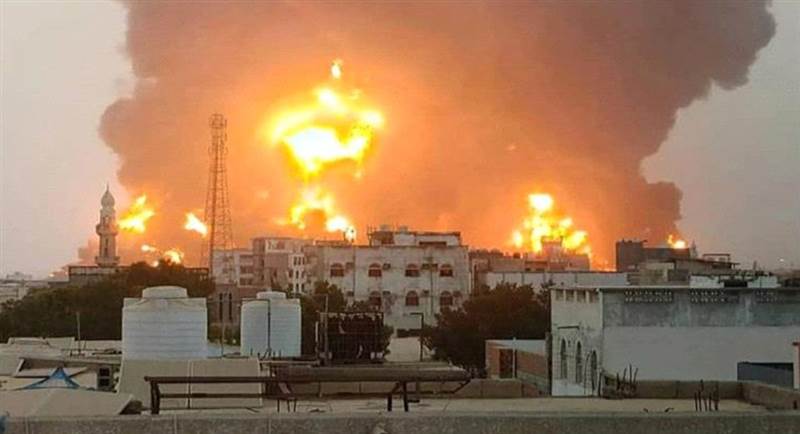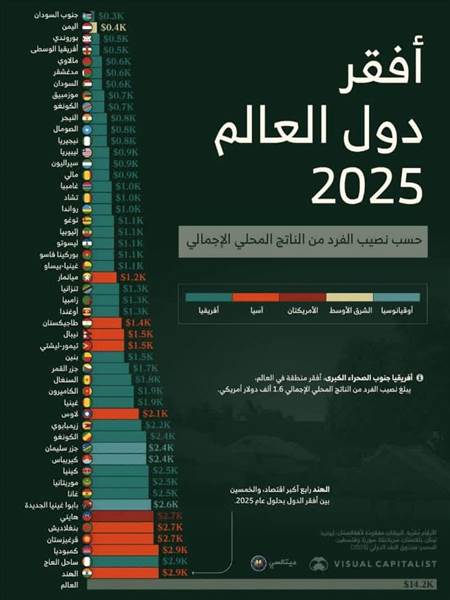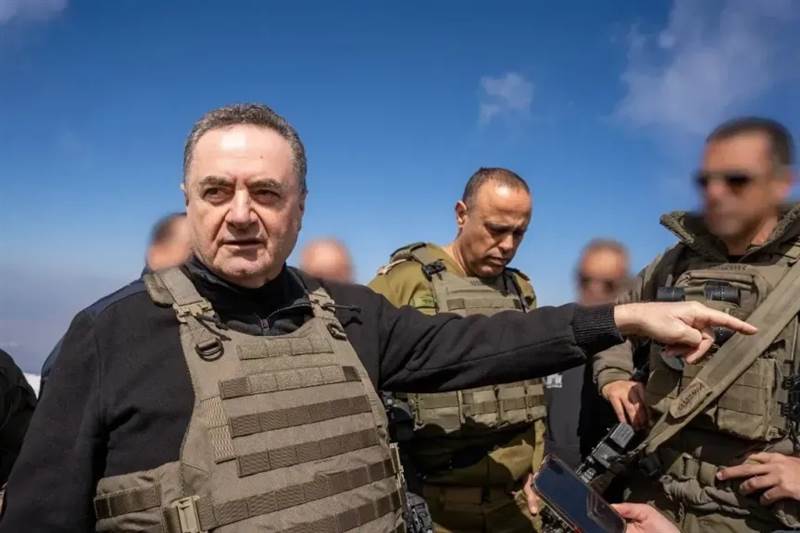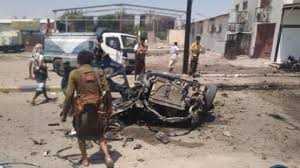Netanyahu: Israel Will Continue Operations Against Houthis in Yemen
Israeli Prime Minister Benjamin Netanyahu affirmed that Israel will continue its operations against the Houthi group in Yemen, accusing them of threatening global navigation and the international order.
This statement followed claims that a missile launched from Yemen had struck the Tel Aviv area, causing minor injuries.
In a statement on Sunday, as reported by Reuters, Netanyahu said, "We will continue to act forcefully against the Houthis, just as we have against other terrorist arms of Iran's axis of evil," emphasizing the need for resolve and unity in confronting threats.
Recent weeks have witnessed a notable escalation, with Israeli aircraft conducting several airstrikes on strategic sites in Yemen’s capital, Sana’a, and the Hodeidah governorate. The strikes targeted power plants, ports, and oil facilities, causing significant losses, according to Houthi-affiliated media outlets.
United Nations Secretary-General António Guterres expressed "deep concern" over the rising tensions in the Red Sea and the targeting of vital infrastructure in Yemen. He warned that the mutual strikes could exacerbate Yemen’s humanitarian crisis, already one of the worst in the world.
The Israeli airstrikes have dealt a severe blow to Yemen’s economy, which is already in sharp decline due to ongoing conflict. The recent attacks disrupted operations at Hodeidah Port, a vital lifeline for food and fuel supplies for millions of Yemenis, and brought down the Dhahban Power Station in Sana’a.
Dr. Mohammed Qahtan, an economics professor at Taiz University, stated that targeting infrastructure would deepen the suffering of the Yemeni people, who heavily rely on imported food and medicine.
Observers believe the continued escalation between Israel and the Houthis could lead to increased regional involvement in the conflict, destabilizing the Red Sea and the Gulf of Aden. These developments come at a sensitive time for the Middle East, which is witnessing heightened tensions in Gaza, Lebanon, and Syria.
The situation remains open to all possibilities as international pressure mounts to contain the crisis amid fears of Yemen becoming a new battleground between Israel and Iran’s axis.
"What is happening in Yemen? What caused the war? And who ignited it?










Comments